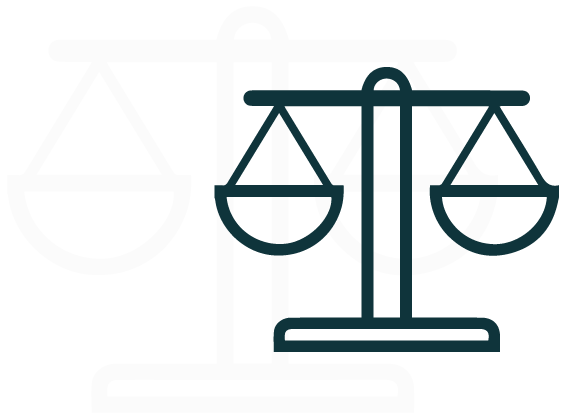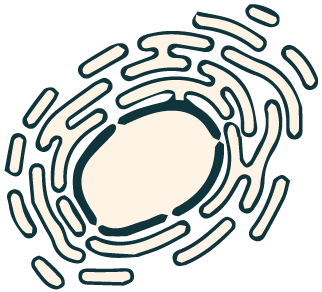This website uses cookies to ensure you get the best experience on our website.
- Table of Contents
4 Citations 5 Q&As
3 Citations 4 Q&As
3 Citations 16 Q&As
2 Citations 16 Q&As
3 Citations 16 Q&As
Facts about Mothers against decapentaplegic homolog 2.
May act as a tumor suppressor in colorectal carcinoma. Positively regulates PDPK1 kinase activity by stimulating its dissociation from the 14-3-3 protein YWHAQ which functions as a negative regulator.
| Human | |
|---|---|
| Gene Name: | SMAD2 |
| Uniprot: | Q15796 |
| Entrez: | 4087 |

| Belongs to: |
|---|
| dwarfin/SMAD family |

hMAD-2; hSMAD2; JV18; JV18-1SMAD, mothers against DPP homolog 2 (Drosophila); MAD homolog 2; Mad protein homolog; Mad, mothers against decapentaplegic homolog 2; MADH2MGC34440; MADR2MGC22139; Mad-related protein 2; mother against DPP homolog 2; mothers against decapentaplegic homolog 2; Mothers against DPP homolog 2; Sma- and Mad-related protein 2; SMAD 2; SMAD family member 2MAD, mothers against decapentaplegic homolog 2 (Drosophila); SMAD, mothers against DPP homolog 2; Smad2; Smad2/3
Mass (kDA):
52.306 kDA

| Human | |
|---|---|
| Location: | 18q21.1 |
| Sequence: | 18; NC_000018.10 (47808957..47931188, complement) |
Expressed at high levels in skeletal muscle, endothelial cells, heart and placenta.
Cytoplasm. Nucleus. Cytoplasmic and nuclear in the absence of TGF-beta. On TGF-beta stimulation, migrates to the nucleus when complexed with SMAD4 (PubMed:9865696). On dephosphorylation by phosphatase PPM1A, released from the SMAD2/SMAD4 complex, and exported out of the nucleus by interaction with RANBP1 (PubMed:16751101, PubMed:19289081).





PMID: 8673135 by Riggins G.J., et al. Mad-related genes in the human.
PMID: 8774881 by Zhang Y., et al. Receptor-associated Mad homologues synergize as effectors of the TGF- beta response.
*More publications can be found for each product on its corresponding product page